18 Little-Known Financial Risks In a Post-Disaster World – Simple Family Preparedness


When disaster strikes, your finances can take unexpected hits. While many preppers focus on physical supplies, understanding these lesser-known financial risks can help you protect your assets and recover more quickly. Here are 18 financial pitfalls to watch out for in a post-disaster scenario.
In a major disaster, bank computer systems might go down. This could leave you unable to access your money for days or weeks. Even if you can get to an ATM, it might not work without power or internet. Keep some cash at home in a fireproof safe. Aim for enough to cover a month’s expenses. Remember to include small bills for easier transactions.
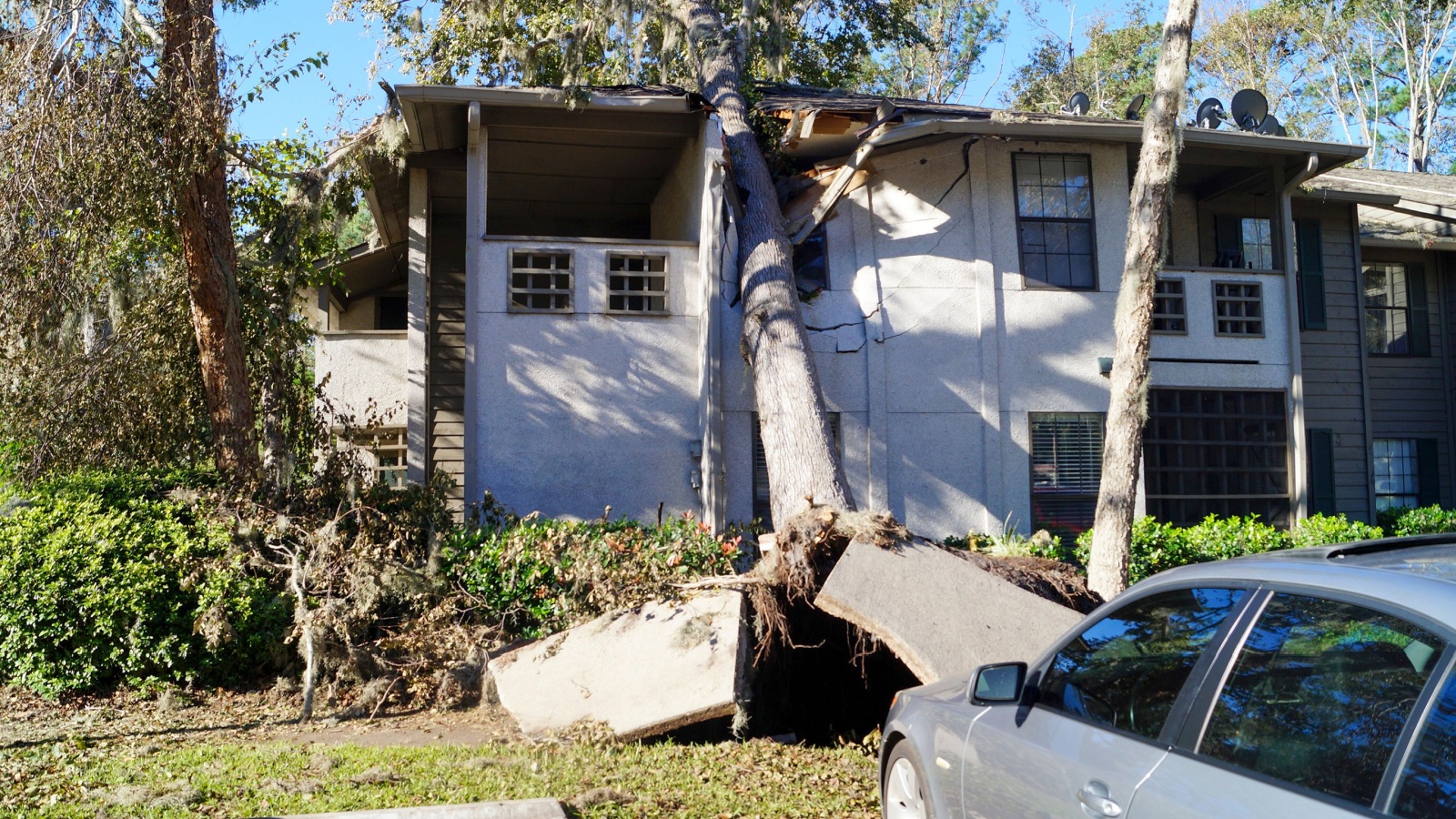
After a widespread disaster, insurance companies get swamped with claims. This can lead to long waits for payouts. Some companies might even go bankrupt if too many people claim at once. Document your property now with photos and videos. Store copies in a safe place and online. This can speed up your claim process. Consider adding “loss of use” coverage to your policy for living expenses if you’re displaced.

When supplies are scarce, prices can skyrocket. After Hurricane Katrina, some areas saw gas prices jump 300% in days. Food, water, and medical supplies can see similar spikes. Stock up on essentials before a disaster hits. Rotate your supplies to keep them fresh. Consider learning skills like gardening or basic medical care to reduce your reliance on bought goods.

Many businesses don’t survive major disasters. In New Orleans, over 40% of businesses never reopened after Hurricane Katrina. This can lead to widespread unemployment. Build an emergency fund to cover 3-6 months of expenses. Learn multiple skills to make yourself more employable. Consider developing a side hustle that could become a main income source if needed.

Disasters bring out scammers looking to exploit vulnerable people. Fake charities, bogus repair services, and identity theft are common. Always verify the identity of anyone offering help. Don’t give out personal information unless you initiated the contact. Be wary of deals that seem too good to be true. They usually are.
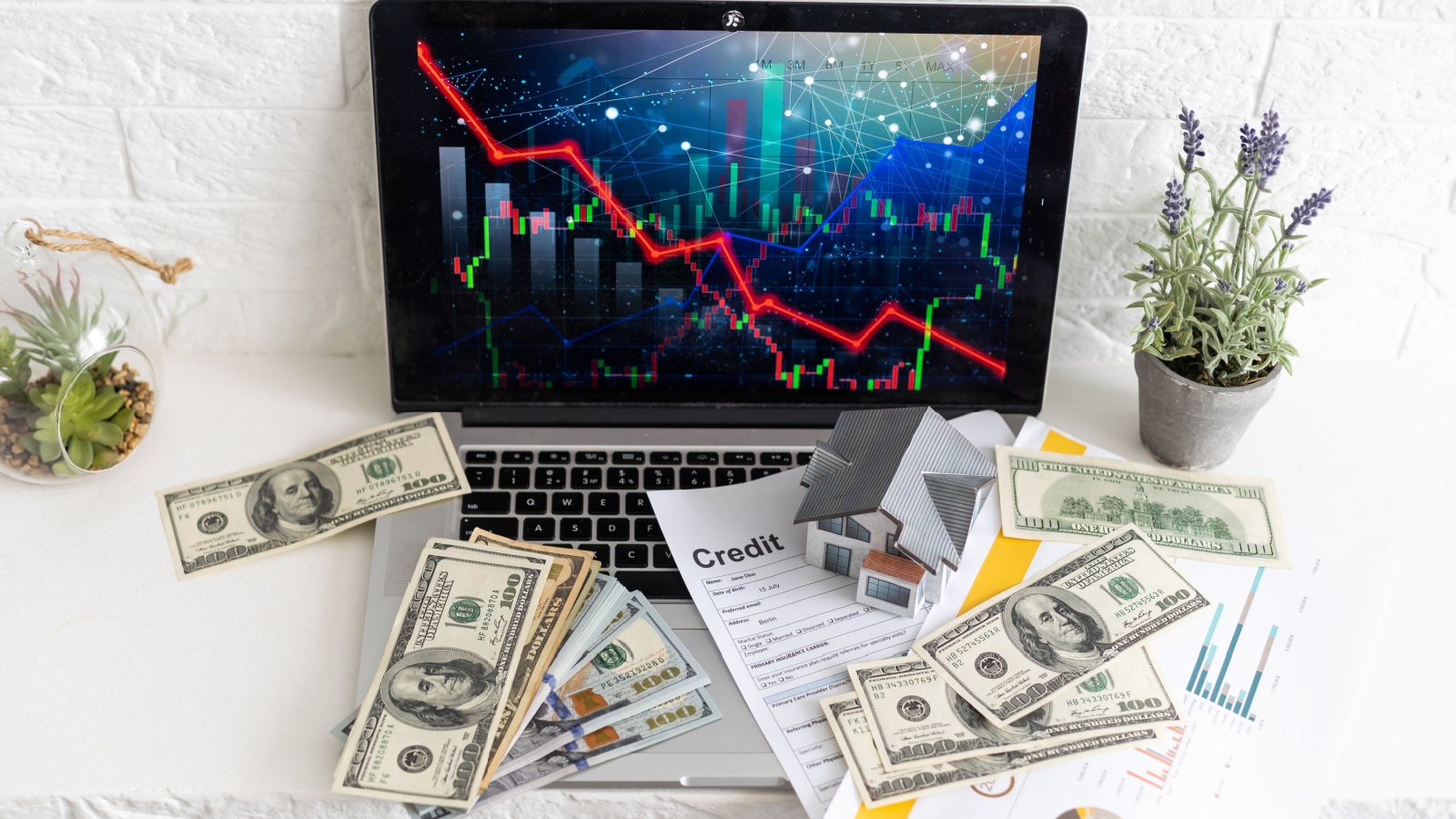
Major disasters can cause property values to drop sharply. Some areas never fully recover. After the 2011 earthquake in Christchurch, New Zealand, some property values fell by 50%. This can leave you owing more on your mortgage than your home is worth. Consider getting earthquake or flood insurance if you’re in a risk area. Diversify your investments beyond just your home.
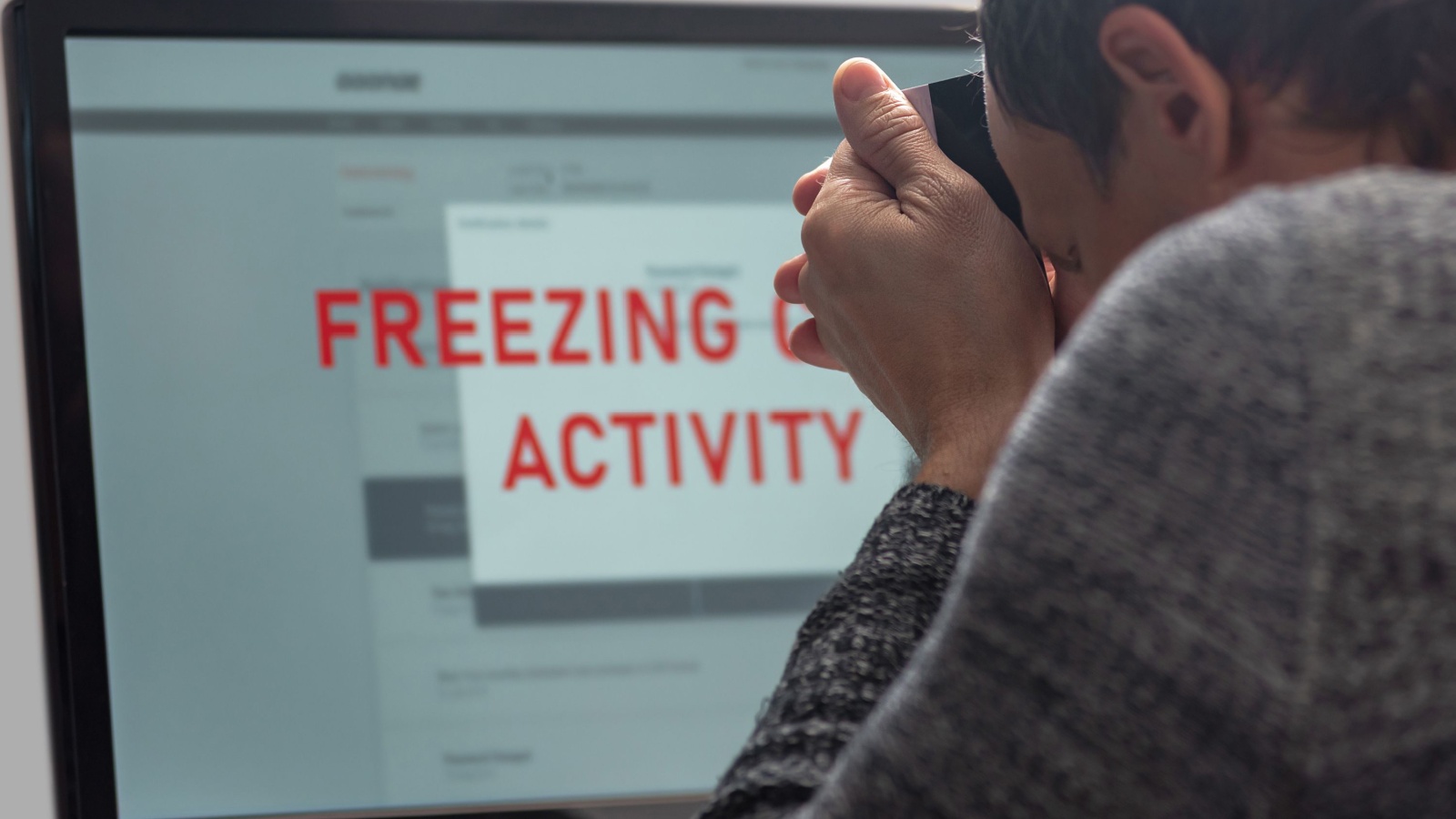
Governments might freeze bank accounts or limit withdrawals to prevent bank runs. This happened in Greece in 2015, with ATM withdrawals limited to €60 per day. Keep some cash and valuable items (like gold coins) in a secure place at home. Don’t put all your eggs in one basket. Spread your money across different banks and investment types.
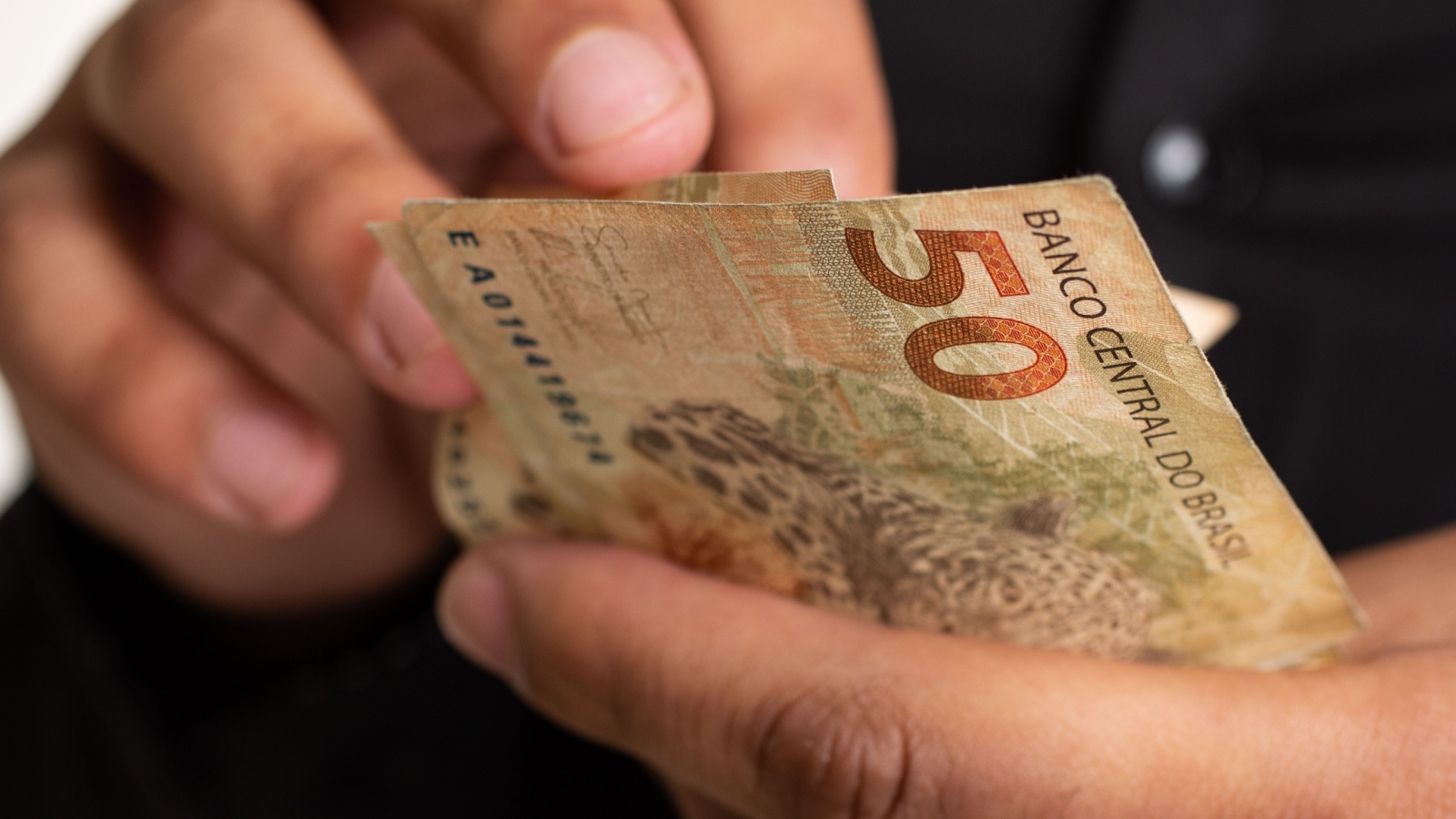
If power or internet is out for an extended period, you might not be able to access cryptocurrencies or use digital payment methods. In Puerto Rico after Hurricane Maria, 95% of cell networks were down. This left many unable to buy necessities. Keep some physical cash on hand. If you invest in crypto, have a plan to access it without electricity or internet.

Crime often spikes after disasters. After Hurricane Hugo in 1989, the city of Charlotte saw burglaries increase by 1,000%. This can lead to loss of valuables and emergency supplies. Invest in good locks and a home security system. Consider a fireproof, waterproof safe for important documents and valuables. Build community connections for mutual protection.

A major injury or illness during a disaster can lead to huge medical bills. This is especially true if hospitals are overwhelmed and you need to seek private care. In the U.S., medical issues contribute to 66.5% of bankruptcies. Build a robust emergency fund. Learn basic first aid to handle minor issues yourself. Consider adding critical illness coverage to your insurance policy.

Fires, floods, or hasty evacuations can lead to lost financial and legal documents. This can make it hard to prove ownership, claim insurance, or access accounts. Keep digital copies of all important documents in encrypted cloud storage. Have a “go bag” with physical copies of critical documents ready for quick evacuation.

Even after a disaster, many creditors will still expect payment. Some might get aggressive with collection tactics. In the 2008 financial crisis, debt collection lawsuits doubled in many states. Know your rights under the Fair Debt Collection Practices Act. If possible, contact creditors early to explain your situation and try to negotiate.

People often dip into retirement accounts to cover post-disaster expenses. This can have long-term consequences for your financial future. After Hurricane Harvey, 46% of affected people took money from their retirement accounts. Try to build a separate emergency fund so you don’t have to touch retirement savings. If you must withdraw, understand the tax implications.

Disasters can break supply chains, affecting companies you’ve invested in. After the 2011 Thailand floods, global hard drive production fell 30%. This hit tech stocks hard. Diversify your investments across different sectors and geographical areas. Consider adding some “defensive” stocks that tend to do well in crises, like consumer staples or utilities.

While government aid often follows disasters, it can be slow to arrive. After Hurricane Maria, some Puerto Ricans waited over a year for promised aid. Don’t count on quick government help. Build your own emergency fund and supplies. Know how to apply for aid programs in advance, so you’re ready if needed.

Major disasters can shake confidence in a country’s economy, leading to currency devaluation. After the 2010 earthquake, Haiti’s currency lost 25% of its value. This makes imports more expensive. Consider keeping some of your savings in stable foreign currencies or precious metals. Learn skills to produce essential goods yourself, reducing reliance on imports.

Large-scale disasters can strain pension systems, potentially leading to reduced payouts. In Greece’s financial crisis, some pensions were cut by 40%. Don’t rely solely on a pension for retirement. Diversify your retirement savings with personal accounts like 401(k)s or IRAs. Consider learning skills that can provide income in retirement.

In the chaos following a disaster, your digital information might be vulnerable to theft. After the Equifax data breach in 2017, 147 million people had personal data exposed. Use strong, unique passwords for all accounts. Consider using a password manager. Be cautious about sharing personal information, especially right after a disaster when scams are common.
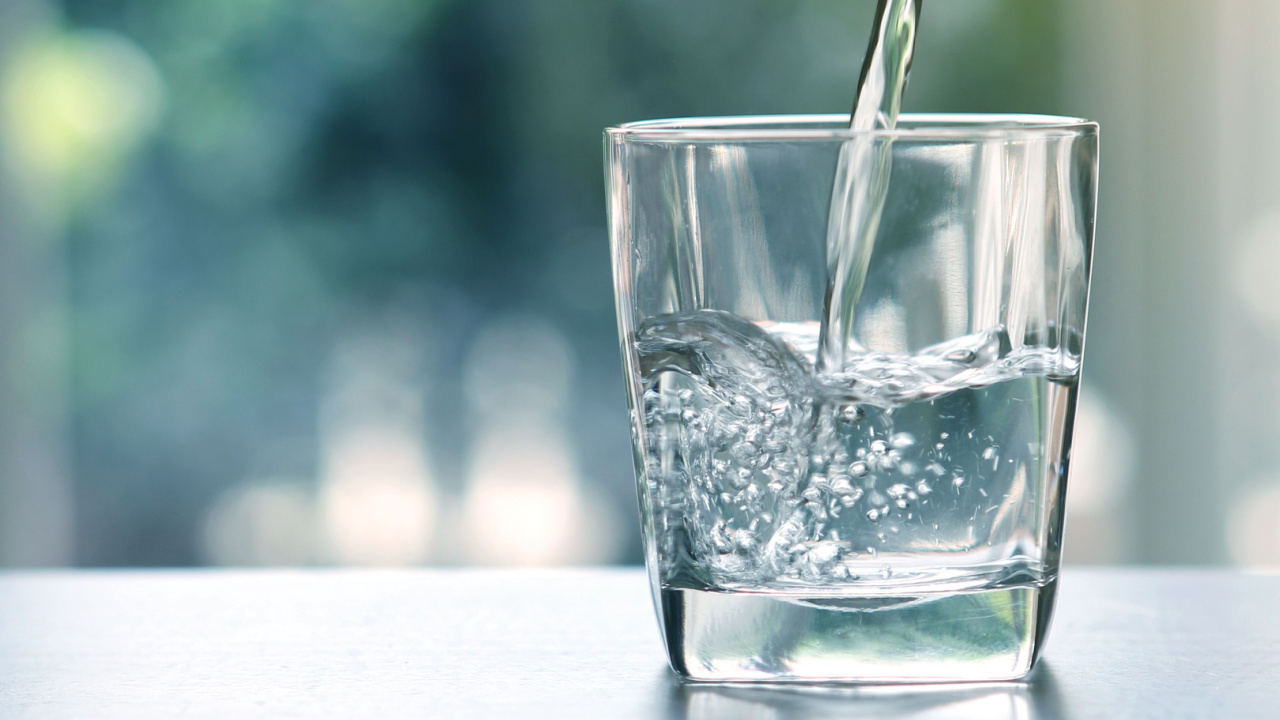
In the face of uncertainty, being well-prepared gives you at least some degree of control and security. The thought of a societal collapse, while extreme, prompts us to consider how we might endure without the conveniences of our current lifestyle. Here’s a list of 20 essential items that could prove indispensable in such a scenario. This guide isn’t about succumbing to fear but embracing preparedness and resilience.
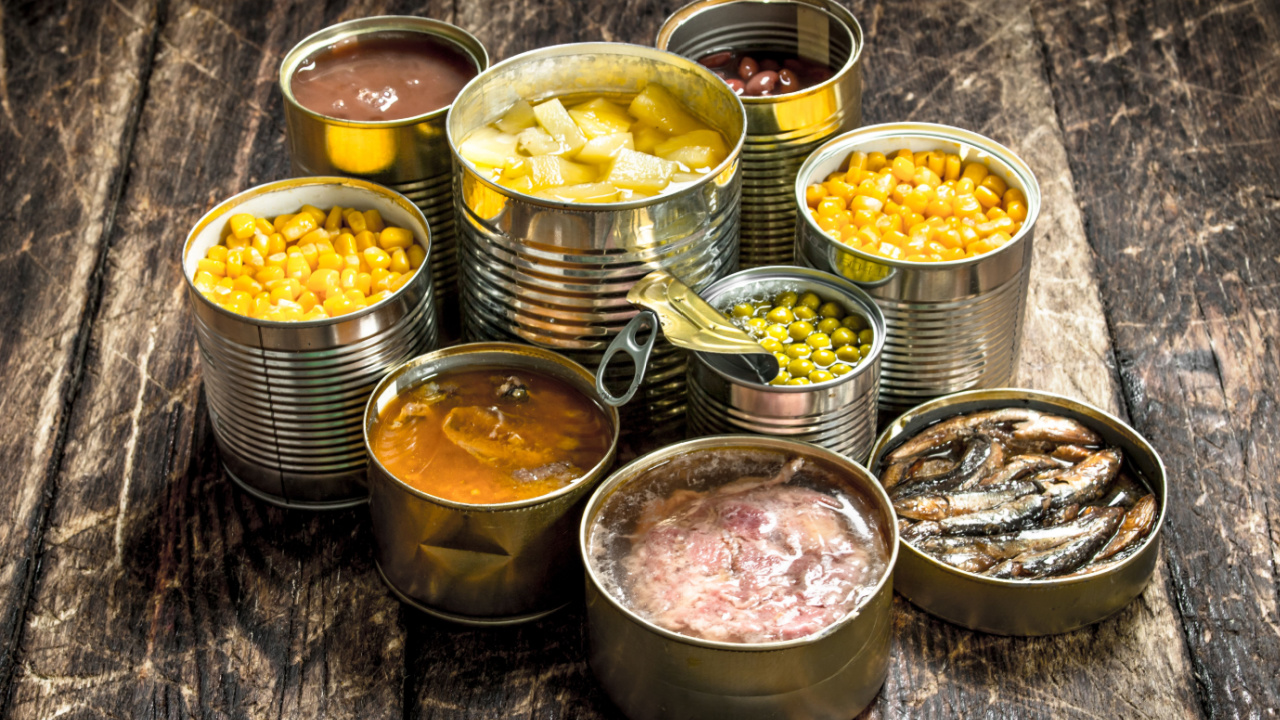
I firmly believe in keeping a well-stocked emergency pantry. While fresh food is ideal, in a survival situation, we may not be that lucky. So, for my family, even though we grow a lot of our own food, canned goods play a crucial role in emergency preparedness. They offer a reliable source of nutrition when access to fresh produce may be limited. The goods you stockpile should be affordable, easy to store, and full of nutrition.
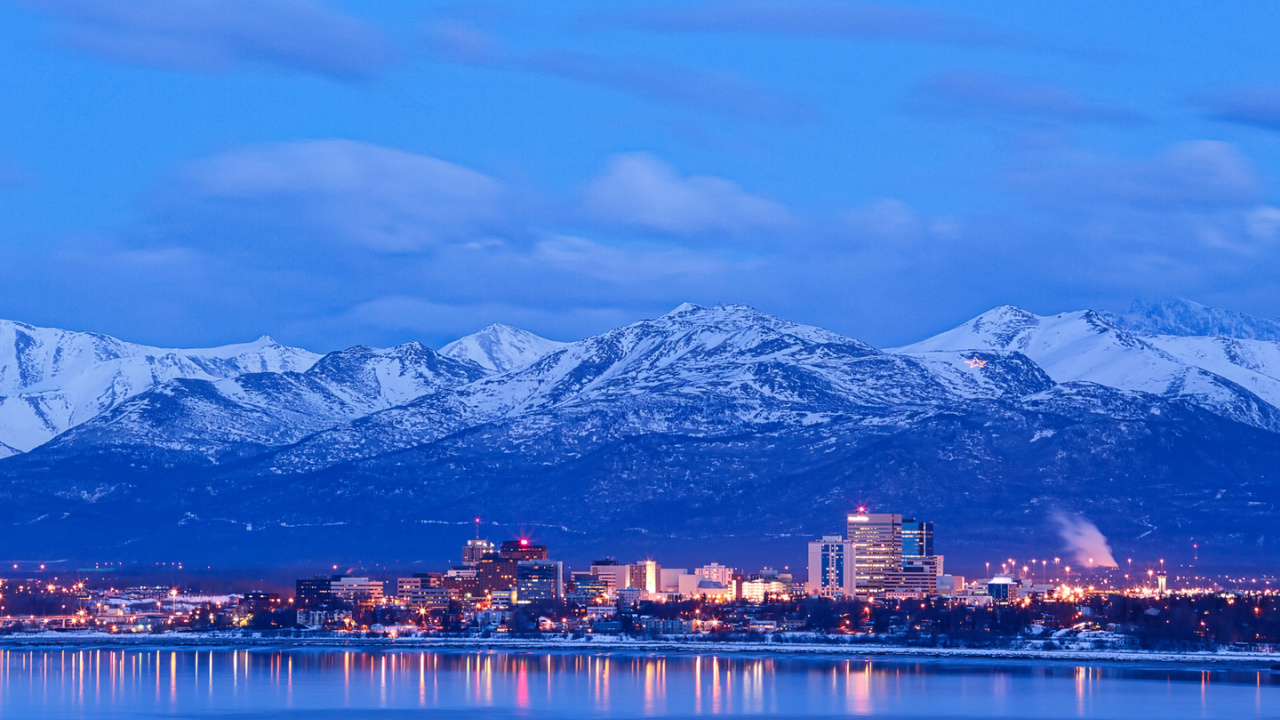
Choosing a refuge in the event of societal collapse involves weighing the pros and cons of each location against your personal preparedness goals and abilities. Whether you’re drawn to the solitude of the desert or the protective heights of the mountains, the key is finding a place that offers safety and the opportunity for growth and renewal.
